Filing bankruptcy in Fort Lauderdale can be a daunting prospect, so it’s important to understand how much debt you should have before taking the plunge.
Keep in mind that if your total debts exceed the number of assets you own, or if you have any non-exempt assets that could be seized by creditors, then you may need to file for bankruptcy even if your total amount of debt is below the recommended amount.
Make sure to consult with an experienced bankruptcy attorney in Fort Lauderdale who specializes in bankruptcy law prior to making any decisions about filing for bankruptcy.
Understanding Bankruptcy
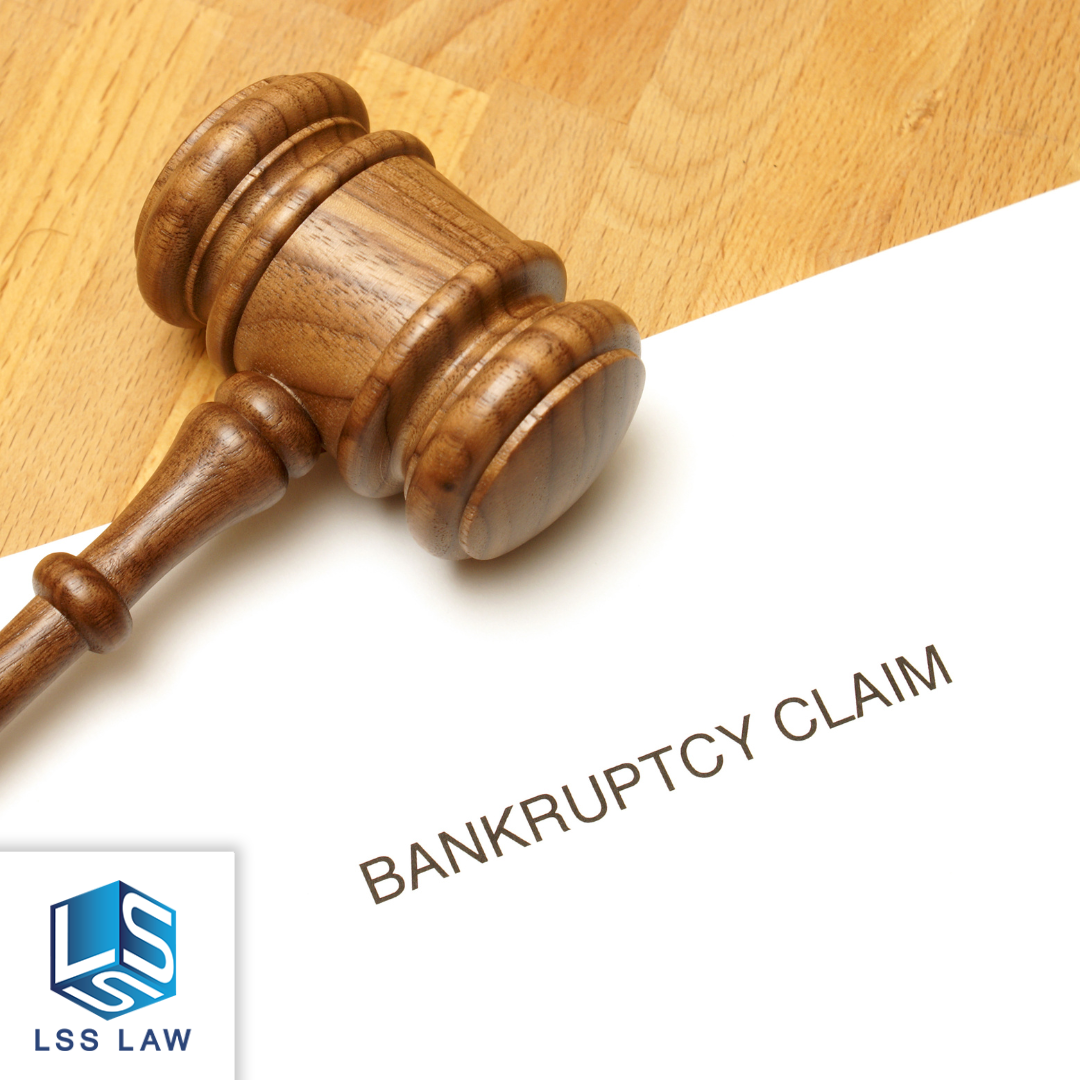
Bankruptcy is a legal process that involves the reorganization or liquidation of a person or business’s debts. It provides debtors with the opportunity to discharge some of their financial obligations and start new with a clean slate. Bankruptcy laws are set up to give debtors a chance to resolve their debts without further damage to their credit, while also providing creditors an avenue for recovering at least some of the money owed to them.
In both cases, bankruptcy trustees play an important role in overseeing the process, while ensuring both parties’ rights are protected under the bankruptcy laws. Although bankruptcy is often seen as a last resort, it can be a beneficial strategy for eliminating debt when other forms of debt relief have been exhausted or are not as effective. We will discuss this and more in the next section.
Types of Bankruptcy
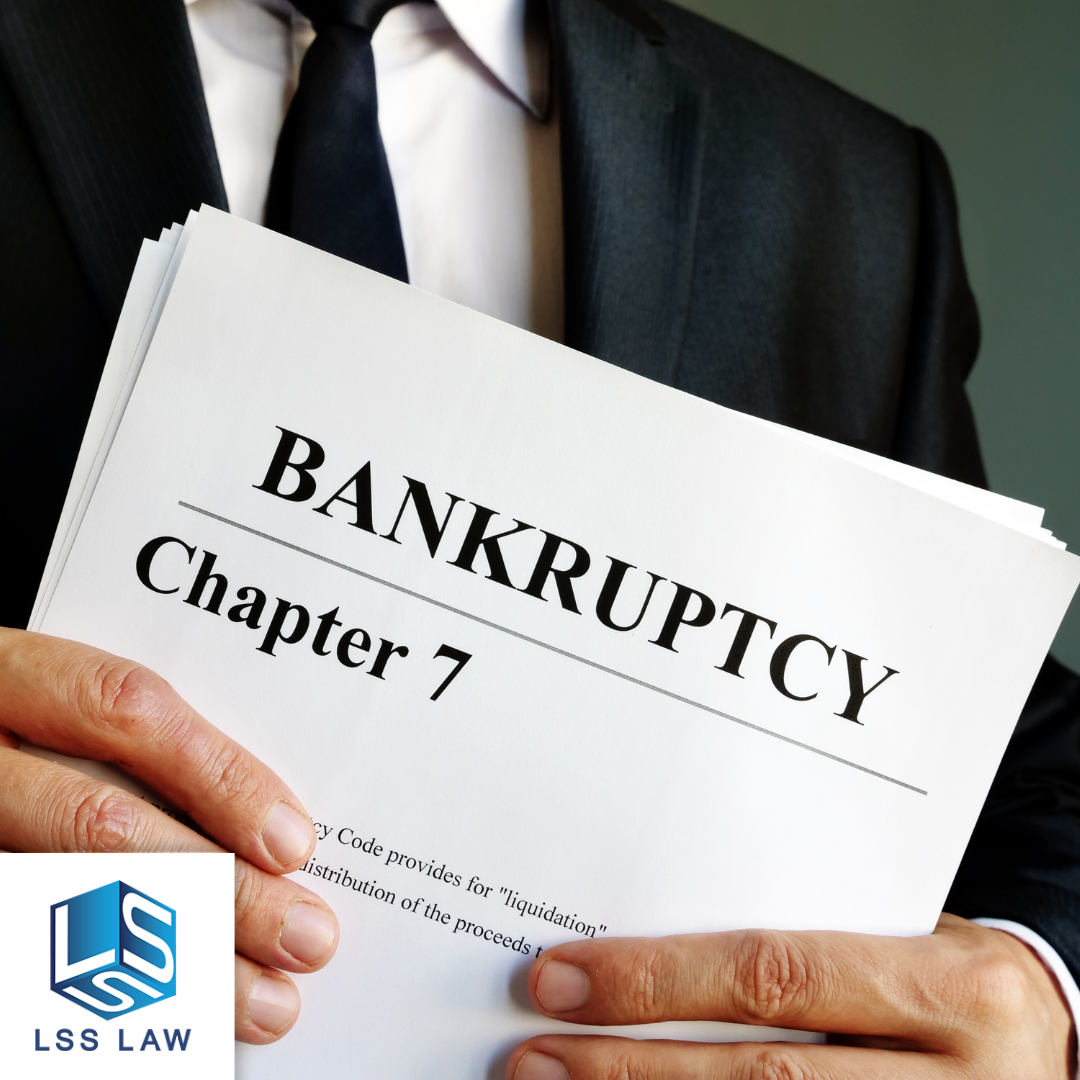
When it comes to bankruptcy, there are three main types: Chapter 7, Chapter 11, and Chapter 13.
Chapter 7 bankruptcy is the most common type of bankruptcy and involves the liquidation of assets in order to pay off debt. With Chapter 11 bankruptcy, businesses (or individuals) restructure their debt and create payment plans for creditors. Lastly, Chapter 13 allows individuals to reorganize their debts into manageable payment plans over an extended period of time.
Explanation of the Bankruptcy Process
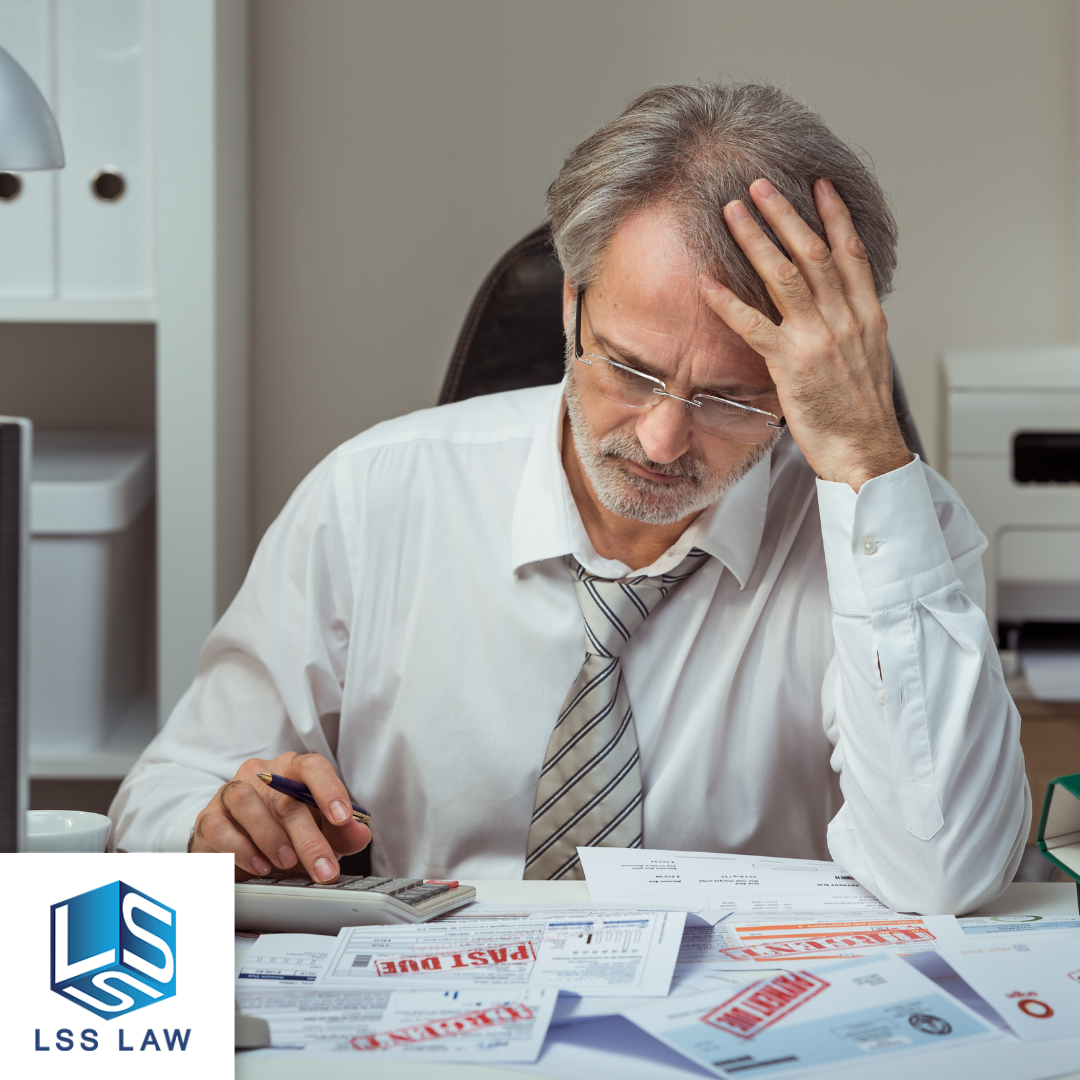
Filing for bankruptcy involves a complex process of paperwork and legal steps related to the bankruptcy court. Before filing, it’s important to understand the costs associated with the bankruptcy process, including any mandatory credit counseling fees and other bankruptcy fees that you may be responsible for. After understanding these costs, the next step is to file a bankruptcy petition in conjunction with several other forms.
Once the necessary forms are filed, creditors are notified of your intentions to seek bankruptcy protection. Finally, after all of the paperwork is submitted and approved by a court, your debts may be discharged or restructured as part of the bankruptcy process. When debts are discharged, you will no longer have to pay them.
Is Filing Bankruptcy Worth It?

It depends. Filing bankruptcy can be an amazing financial strategy when all else fails. Like we said above, bankruptcy can help businesses or individuals eliminate or restructure their debts. If you are in need of debt relief, filing bankruptcy may be worth it. Bankruptcy can provide relief from creditors and can also have a positive impact on credit scores over time. In terms of the bankruptcy costs, it will vary depending on factors such as the complexity of the case, the experience of the attorney you decide to hire, and any additional legal fees involved.
Factors to Consider Before Filing Bankruptcy in Fort Lauderdale
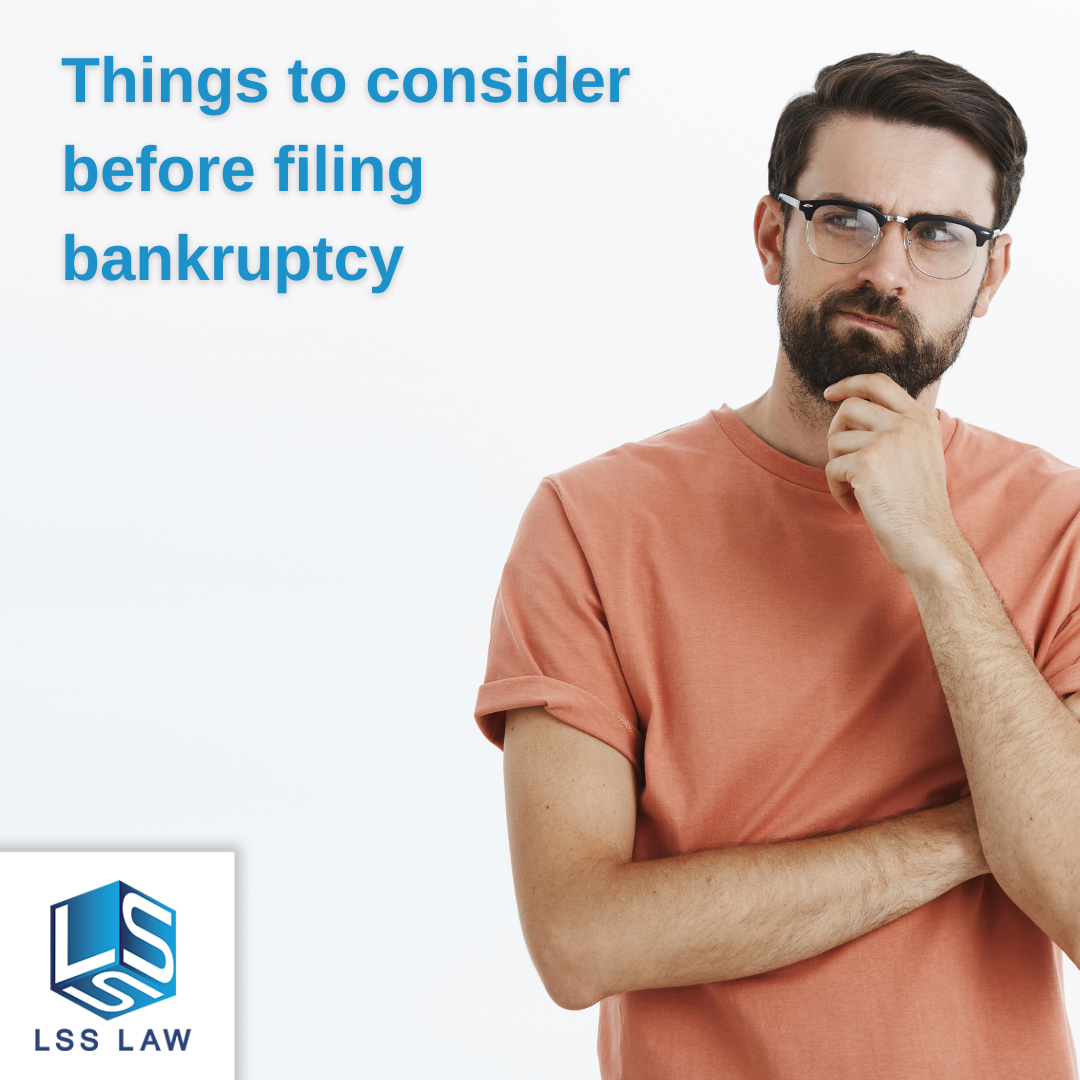
Filing for bankruptcy in Fort Lauderdale is complex process, and it is important to understand all of the factors that can affect your case. It is in your best interest to consult with a knowledgeable bankruptcy attorney who can provide legal assistance and guide you through the entire process. Before filing for bankruptcy, it is essential to consider several key factors such as the amount of debt owed, type of debt owed, debtor’s income and expenses, and the debtor’s assets.
Each factor plays an important role in determining which type of bankruptcy protection is available to you. The following sections will discuss each factor in more detail so that you can make an informed decision about whether or not bankruptcy is right for you.
The Amount of Debt Owed

The amount of debt you owe can have an important impact on whether or not filing for bankruptcy is the right decision for you. Generally speaking, if you owe a few thousand dollars or less, it might be more beneficial to pay off your debts without filing bankruptcy. You should also consider if any of your creditors are willing to settle for a lump sum and how long it would take to pay off the debts on your own.
Alternatively, if you owe more than a few thousand dollars in total, then filing for bankruptcy may be a more practical option.
The Type of Debt Owed
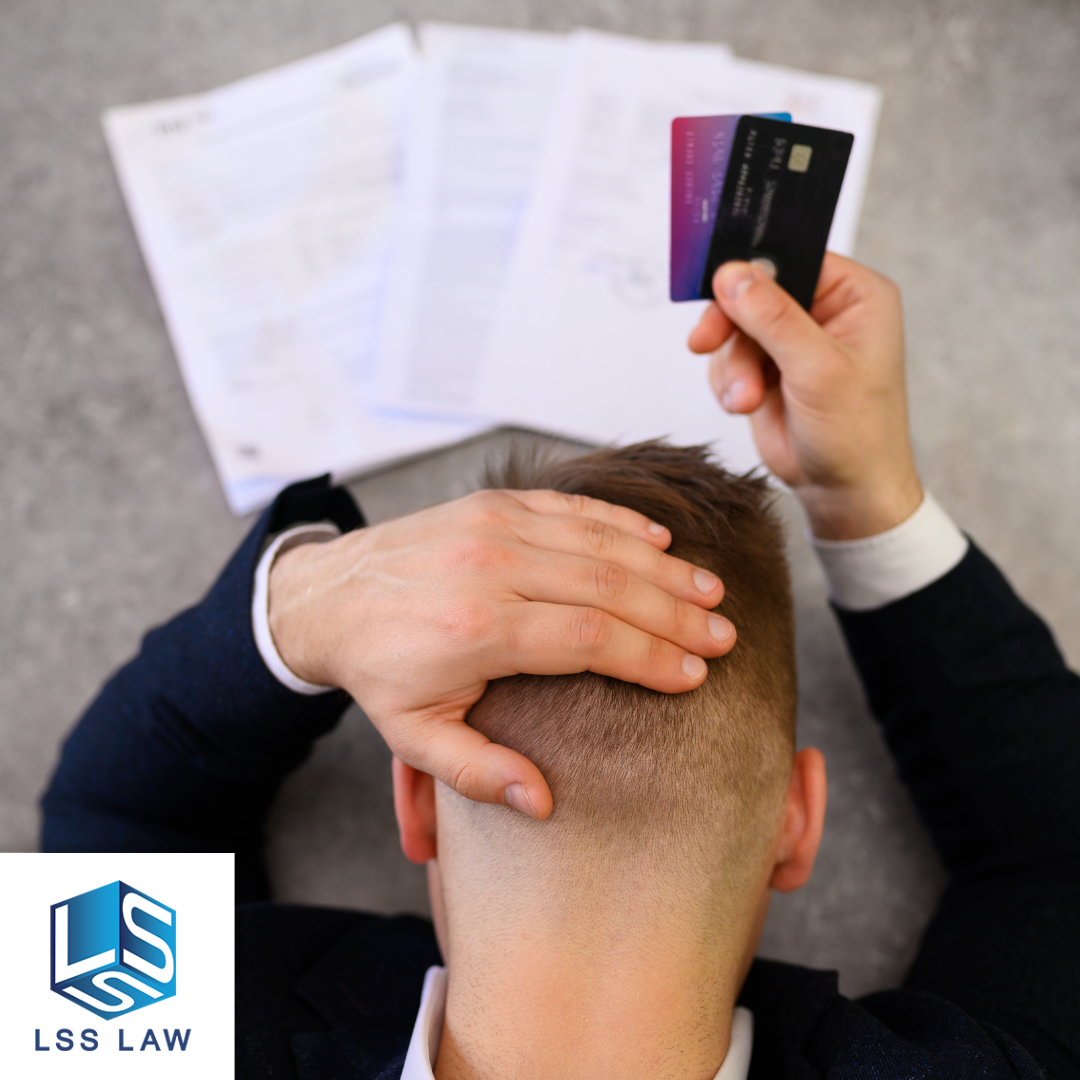
When considering filing bankruptcy, it is important to take into account the type of debt that you owe. Your financial situation will affect your ability to pay back what you owe and which type of debt relief is best for you. Generally speaking, bankruptcies can be used to discharge medical debt, credit card debt, tax debts (it depends), and other unsecured debts.
But if the majority of your debt consists of student loans, child support obligations, or other secured debts like mortgages or car loans, then bankruptcy might not be a viable solution for resolving your debt issues. If it is a combination of dischargeable and nondischargeable debt, you may benefit from discharging some of the debt through bankruptcy. It is always best to consult with a qualified attorney who can assess your financial situation and advise you on which option best suits your needs. You can schedule a no-cost bankruptcy Strategy Session with us here: https://lss.law/contact/
The Debtor’s Income and Expenses
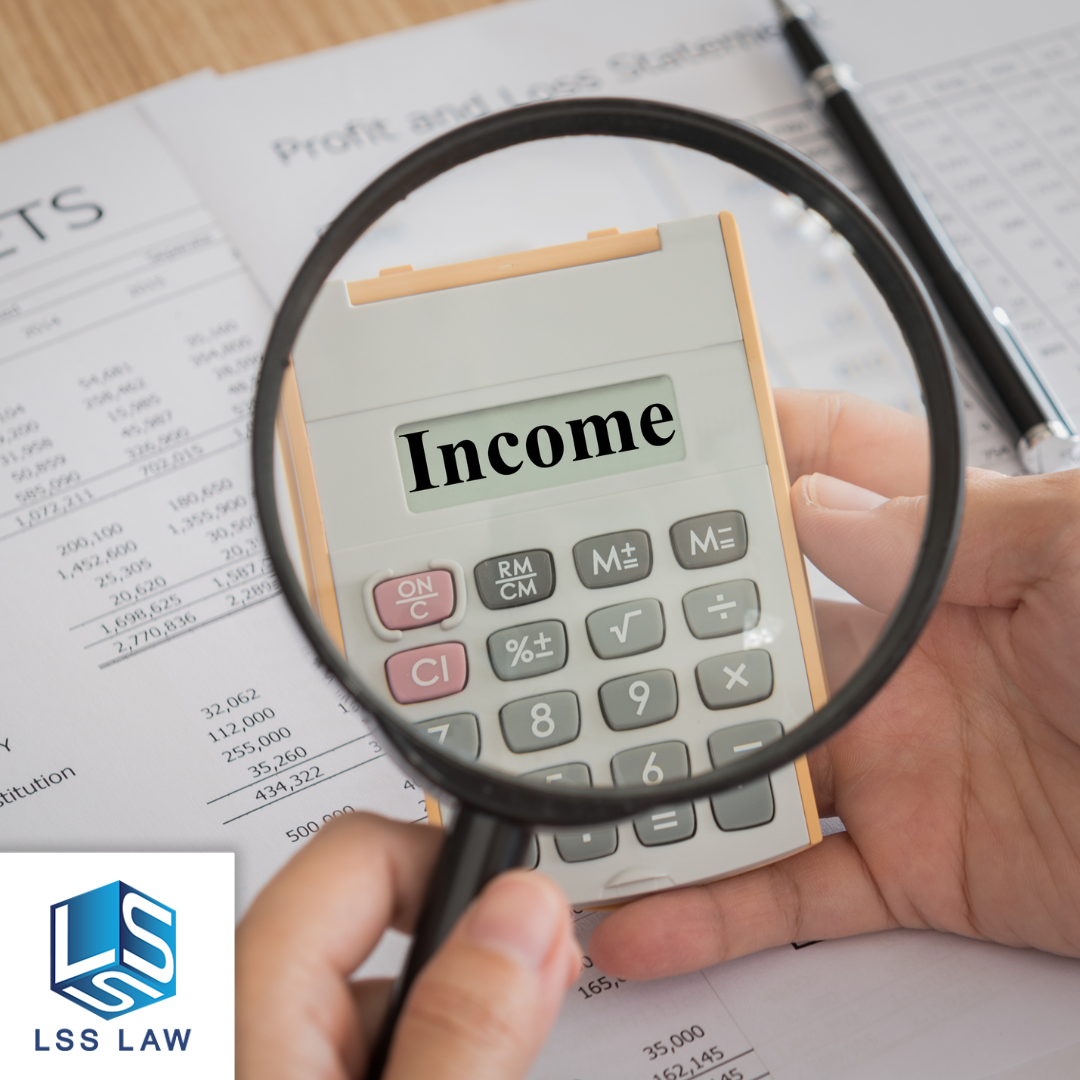
When contemplating bankruptcy in South Florida, it’s essential to assess both income and expenses. Knowing your monthly income can help you determine if you have enough money to pay off your remaining debts after filing. In addition, it’s crucial to consider fees related to the process, such as bankruptcy attorney fees and court filing fees. These costs must be factored into your budget before deciding whether to proceed with bankruptcy.
If you don’t have the financial resources to cover these expenses and still have enough money for living expenses, bankruptcy may not be a viable option. However, consulting with a bankruptcy attorney or specialist can offer more information about potential solutions that can make the process more manageable.
It’s also important to be aware of the filing fees related to bankruptcy in South Florida. While bankruptcy filing fees vary by state and bankruptcy type, they typically range from $500 and up. In Florida, the filing fee is $338. These fees must be paid before filing for bankruptcy, making it crucial to budget for them ahead of time. Although it is possible to cover these costs through a payment plan or other financing options, having sufficient funds set aside prior to filing can reduce stress, keep costs down, and increase the chances of success regarding your bankruptcy.
Ultimately, having a thorough understanding of the bankruptcy process, including income, expenses, and filing fees, is vital for making an informed decision about whether to proceed with bankruptcy in South Florida.
The Debtor’s Assets
When considering filing for bankruptcy, it’s important to understand the impact of your assets and how they will be handled. When a bankruptcy petition is filed, the debtor must list all their current assets so that a bankruptcy trustee can decide which assets will be used to pay off creditors. Many times, State exemptions offer protection for these assets, and bankruptcy filers will not lose any assets at all.
So, How Much Debt Do You Need to File for Bankruptcy?
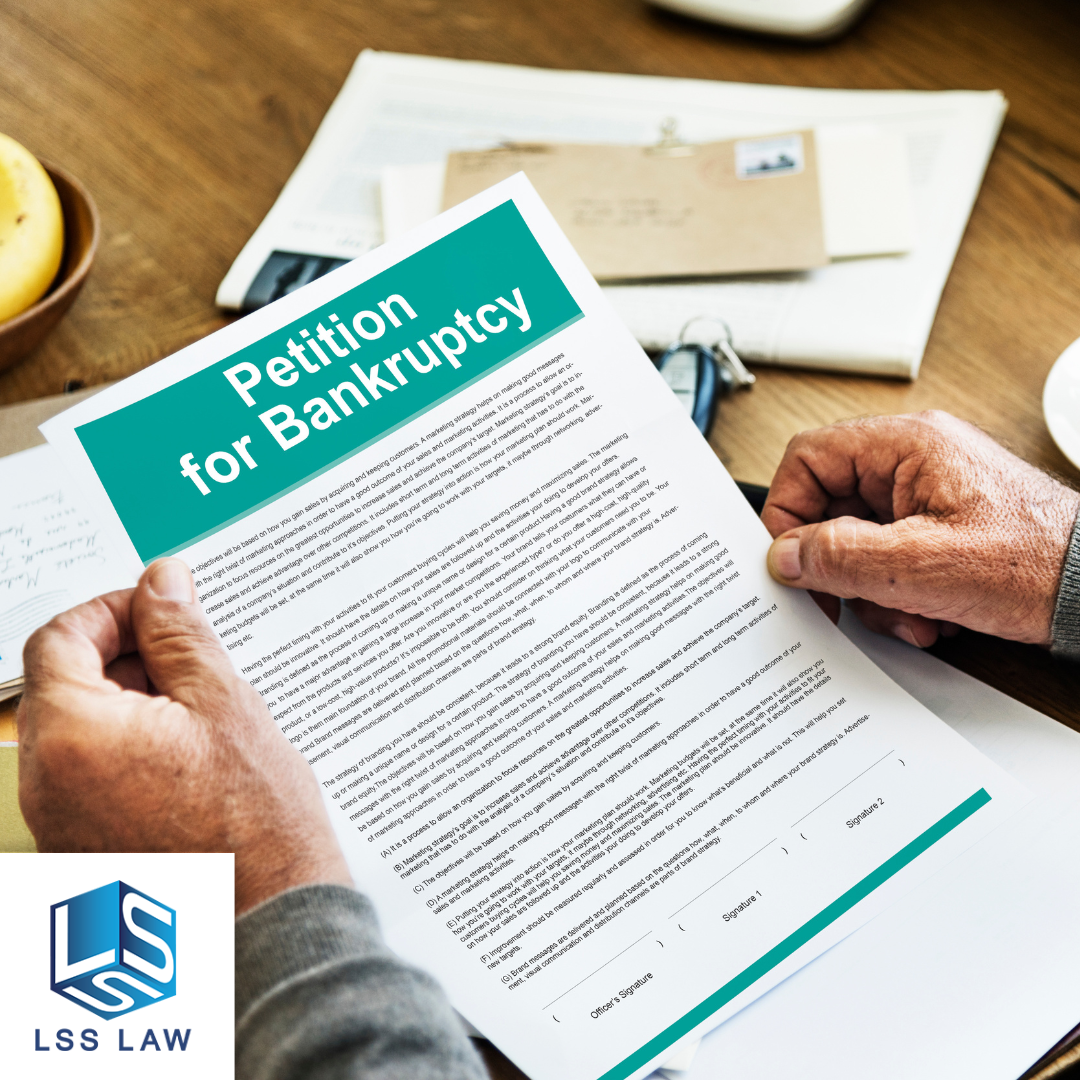
If you’re in South Florida and wondering how much debt you need to have in order to file for bankruptcy, the answer depends on your individual circumstances.
Generally speaking, if you are below the federal poverty guidelines and find yourself unable to pay off your debt within a few hundred dollars a month, it may be worth considering filing for bankruptcy.
Although bankruptcy is a big step and not something one should rush into, if done correctly it can help you save money in the long run by helping you get out of debt quickly.
How Much Debt Do I Need to File Chapter 7?
When it comes to filing for Chapter 7 bankruptcy in Fort Lauderdale, there is no minimum or maximum amount of debt required. However, the amount of debt owed will be taken into consideration when filing for Chapter 7 and can impact the outcome of a case. LSS Law believes that once someone has accrued around $15,000 in debt, they should consider filing for bankruptcy.
This number is only a suggestion though, and ultimately the decision to file rests with the individual. Ultimately, anyone considering filing for Chapter 7 should make sure to understand the legal proceedings involved and speak to an attorney if they have any questions about their specific situation.
How Much Debt to File Chapter 13?
There is no legal minimum amount of debt required to file Chapter 13 in Florida. However, the debt limits for filing Chapter 13 bankruptcy in Fort Lauderdale are quite high — $2,750,000 as of 2022. LSS Law believes it is only worth it to file a Chapter 13 bankruptcy if debtors have accrued $15,000 of debt. Over the years, these limits have been adjusted to better reflect the current economic needs of individuals and families. When filing Chapter 13 bankruptcy, individuals need to take into consideration the presumptively reasonable attorney fee in Florida.
This fee will vary widely based on the complexity of the case and particular lawyer’s office policies. Generally speaking, this fee is calculated as a percentage of the total debt owed and can range from 5-10%.
How Much Debt is Worth Filing Bankruptcy?
At LSS Law, a respected bankruptcy law firm located in South Florida — Fort Lauderdale, and Miami, we understand that filing for bankruptcy can be a difficult and daunting decision. It also could be the best financial decision you’ve ever made.
That being said, we want you to have the best results for your bankruptcy and walk away with immense stress relief and a new outlook on life. For that to be ever more likely, we believe that anything under $15,000 of debt isn’t worth filing bankruptcy over. For anything below that line, there are other things someone can do to address their financial situation.
Before making any decisions about filing for bankruptcy, it is essential to review all of your options with an experienced lawyer from a reputable law firm such as LSS Law. Our knowledgeable lawyers specialize in bankruptcy law and can help you explore different alternatives to filing for bankruptcy so that you can make the best possible decision for your individual circumstances. The best way to discover all of your options is to schedule a no-cost Strategy Session with us, we’d love to hear about your situation and make a plan for how we can help: https://lss.law/contact/
Tell Me About the Attorney Fees – How Much Does it Cost to File?
When considering filing for bankruptcy, knowing the cost of hiring an attorney is important. It can be tempting to file without one in order to save money, but that could end up costing you more in the long run. The complexity of bankruptcy law means there are a lot of nuances that may go unnoticed and cause costly errors. The filing fee for a bankruptcy case is around $338 in Florida, not including any fees associated with hiring an attorney. However, engaging the services of an experienced attorney can save you from making mistakes and incurring more costs than necessary in the future. An experienced bankruptcy attorney will be able to strategize and identify all of the different options available to you regarding timing, asset protection, available exemptions, and more. Don’t cross all your T’s and dot all your I’s by yourself. There are experienced lawyers who have been navigating the complexities of the bankruptcy court for decades and it would be incredibly wise to enlist their services.
Get Your No-Cost Bankruptcy Strategy Session with LSS Law
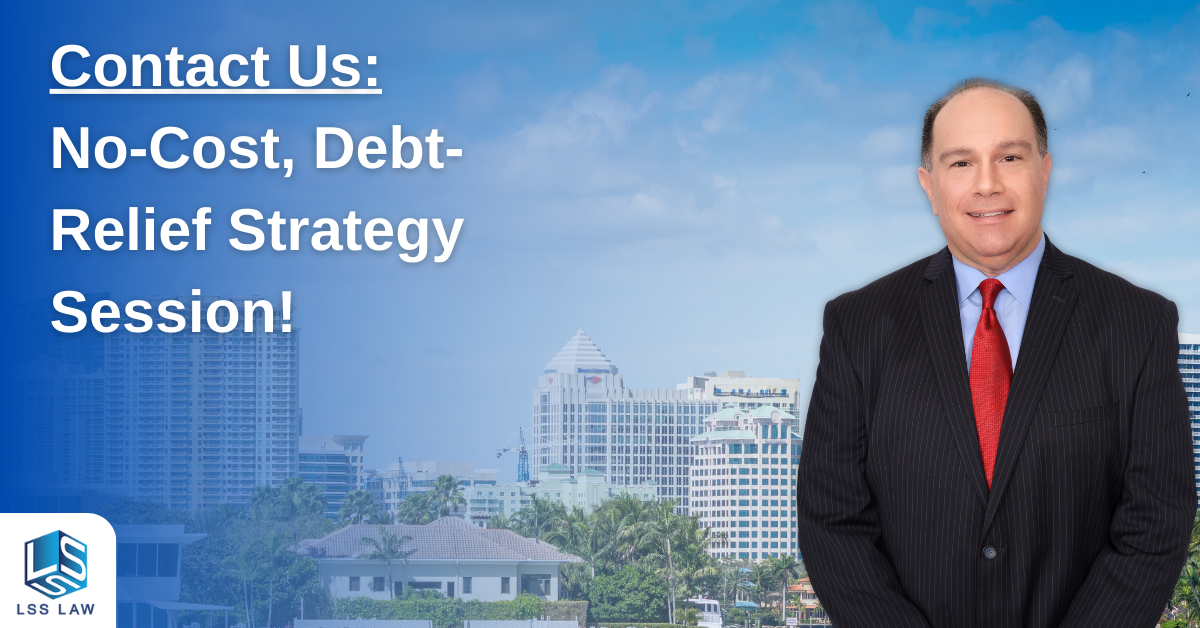
At LSS Law, we understand how important the financial security of our clients is in today’s world. That’s why we offer a free, no-risk bankruptcy Strategy Session with one of our experienced attorneys. During this session, your attorney will review your individual situation and provide you with an analysis of all available options so that you can make an informed decision about how to best protect yourself and your family. You can schedule your no-cost Strategy Session by calling 954-466-0541 or emailing info@lss.law.
We also have a link on our website where you can easily schedule a session – it’s as easy as clicking here and submitting a form: https://lss.law/contact-us/. We are confident that the information you learn during this session will help you move forward with confidence and get the financial protection you need during these uncertain times.
How Much Debt to File Bankruptcy? | Your Questions Answered
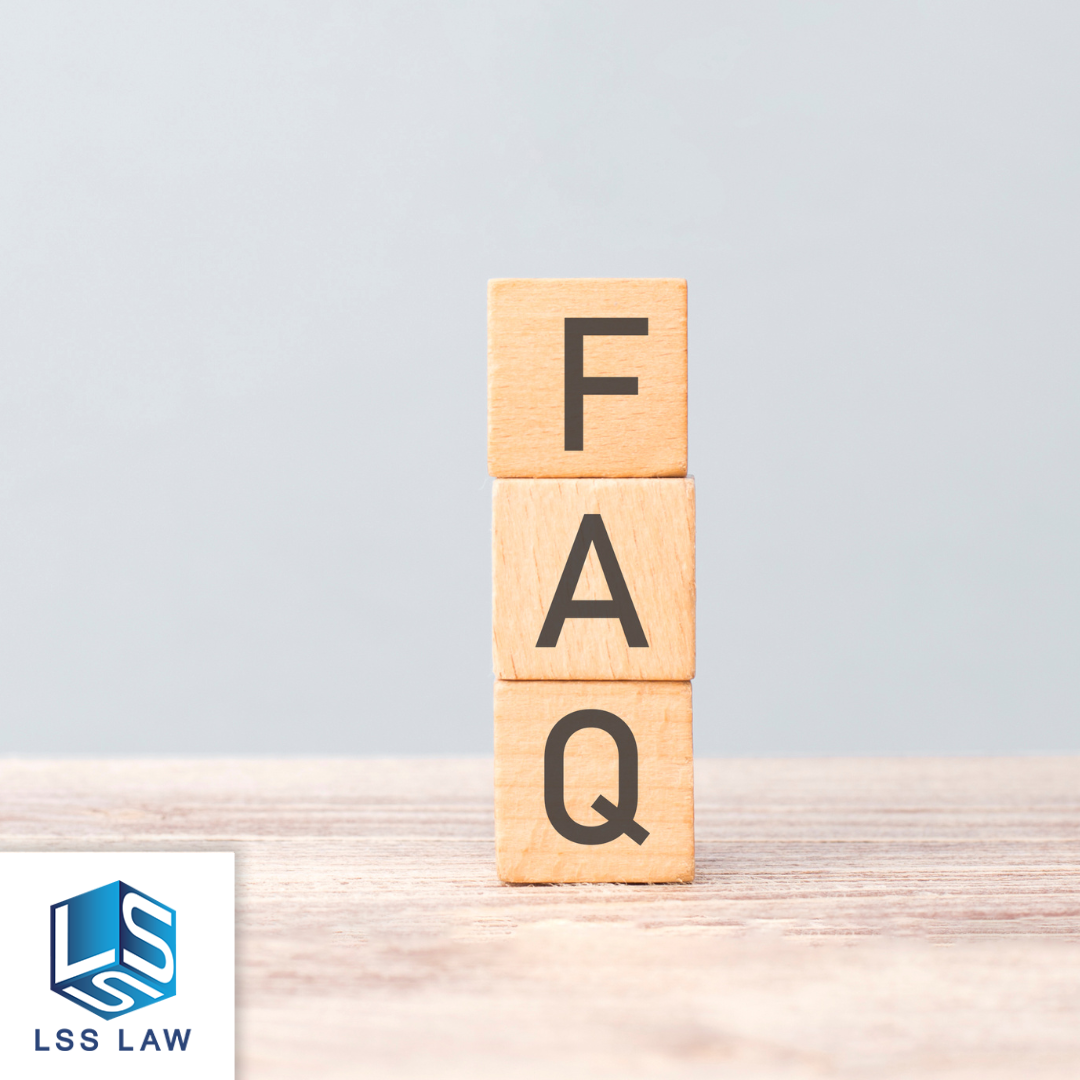
How much debt do you have to have to declare bankruptcy?
When deciding if declaring bankruptcy is the right choice for you, it is important to understand how much debt you must have in order to qualify for a bankruptcy filing. The good news is that there is no minimum amount of debt required to file for bankruptcy in South Florida. That being said, LSS Law believes that it is only worth it to file bankruptcy if you have more than $15,000 of debt.
What is the success rate of Chapter 7 bankruptcy?
The success rate of Chapter 7 bankruptcy in South Florida is very high; in fact, approximately 95% of cases are resolved successfully. This means that debtors may be able to discharge their debts and finally gain financial stability, without having to repay the balance owed. Chapter 7 bankruptcies offer a fresh start for those who qualify, and the process typically takes between 3-4 months from start to finish. In order to determine whether or not someone qualifies for this type of bankruptcy, it is important to consult with an experienced bankruptcy lawyer; they will be able to review your case and provide advice on the best course of action moving forward.
Which bankruptcy clears all debt?
In South Florida, the bankruptcy process that is most effective for clearing all debt is Chapter 7 bankruptcy. This type of bankruptcy, also known as liquidation bankruptcy, is designed to help individuals and businesses eliminate their debts. Through this process, debtors can have their financial obligations discharged in as little as six months.
For those who qualify, a Chapter 7 bankruptcy may be the best option for completely wiping out their outstanding debts and starting fresh with a clean slate. A qualified bankruptcy attorney can help determine if filing for Chapter 7 Bankruptcy is right for you and guide you through the entire process.
Is it better to file a Chapter 7 or 13?
When it comes to filing for bankruptcy in South Florida, the decision between filing for Chapter 7 or 13 can be a difficult one. Both options offer different benefits and drawbacks depending on your financial situation, so it is important to understand the key differences between Chapter 7 and Chapter 13 before making a decision.
Ultimately, the best option for you depends on your individual circumstances and should be discussed with an experienced attorney to determine which route will provide maximum protection of your assets and peace of mind.
Is filing Chapter 7 worth it?
When it comes to whether filing Chapter 7 is worth it in South Florida, the answer depends on individual circumstances. In some cases, filing for bankruptcy through Chapter 7 can be a helpful solution to relieve financial burdens and give individuals the fresh start they need. For example, if you have an immense amount of credit card debt but are caught up on your car payments and mortgage payments, or have significant debt that cannot be paid off quickly, filing for bankruptcy through Chapter 7 may be an option worth considering.






